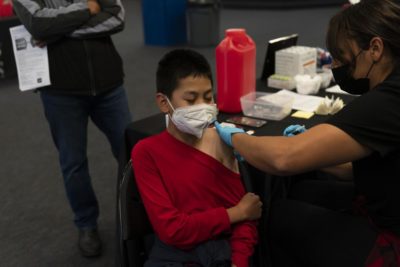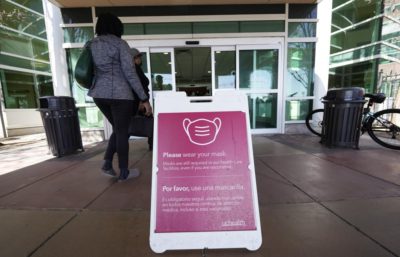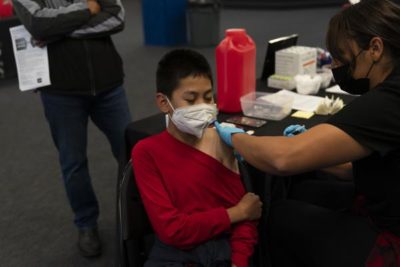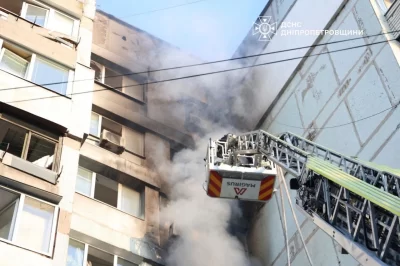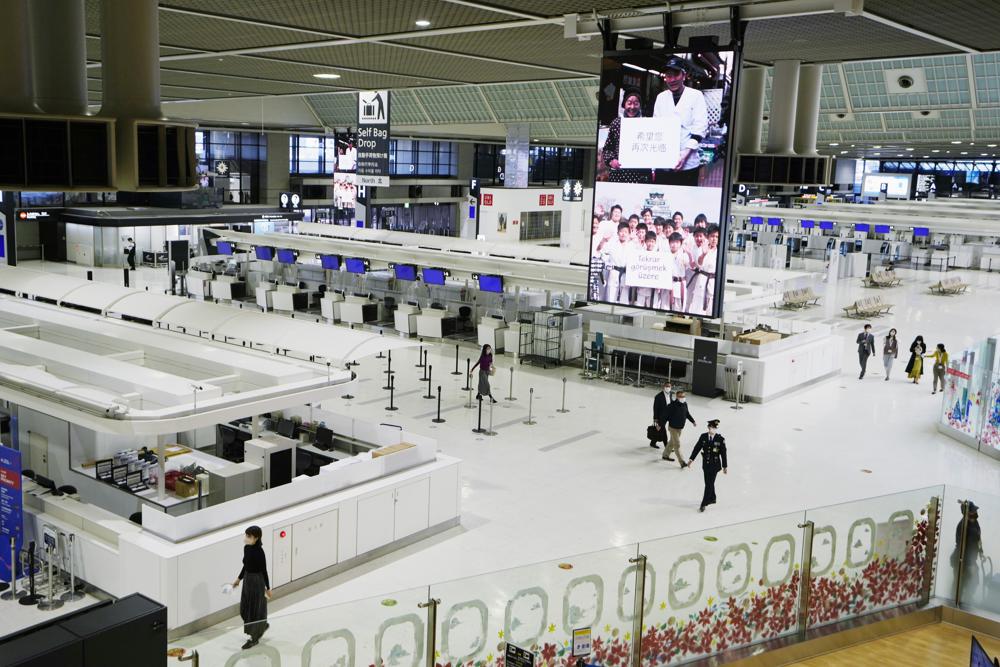
TOKYO — More than a year ago Sebastian Bressa finished his paperwork to become a language teacher in Tokyo and made plans to quit his job in Sydney. His life has been in limbo ever since.
Japan has kept its door closed to most foreigners during the pandemic, and the 26-year-old Australian is one of hundreds of thousands denied entry to study, work or see their families.
Japan has become one of the world’s most difficult countries to enter and some are comparing it to the locked country, or “sakoku,” policy of xenophobic warlords who ruled Japan in the 17th to 19th centuries. The current border rules allow in only Japanese nationals and permanent foreign residents, and have raised the ire of foreign students and scholars who say the measures are unfair, unscientific and force talented visitors to go to other countries. Critics say the rules are also hurting Japan’s international profile and national interest.
About half a million foreigners — including academics, researchers and others with highly skilled jobs and 150,000 foreign students — have been affected, various statistics show.
“I think the most difficult thing for me has been this state of living in standby,” Bressa said. He has been unable to commit himself to any long-term plans with his family, friends or even at work. “I can’t plan that far ahead in the future, just not knowing where I end up the next month or two.”
Frustrated students have gathered near Japanese diplomatic compounds around the world to protest.
In Spain’s second-largest city of Barcelona, Laura Vieta stood outside of the Japanese Consulate last week, holding up a sign saying “Stop Japan’s Travel Ban.”
“I gave up my job because I thought I was going to Japan in September,” said Vieta, 25, who wants to study Japanese at a private school for six months or longer. “As you can see, I’m still here.”
Japan plans to keep the border measures in place through the end of February as it copes with a record surge of cases in Tokyo and other major cities. Makoto Shimoaraiso, a Cabinet official working on Japan’s COVID-19 response, said the situation is painful but he asked for patience, noting much higher infection levels overseas.
Japan recently decided to let nearly 400 students enter, but many others including those on foreign government-sponsored scholarships still cannot get in.
A letter to Prime Minister Fumio Kishida, signed by hundreds of academics and Japan experts and submitted last month in a petition drive, called for a relaxation of the border controls to enable educators, students and scholars to pursue their studies and work in Japan. It said many already have given up Japan studies, opting to focus elsewhere, such as South Korea.

